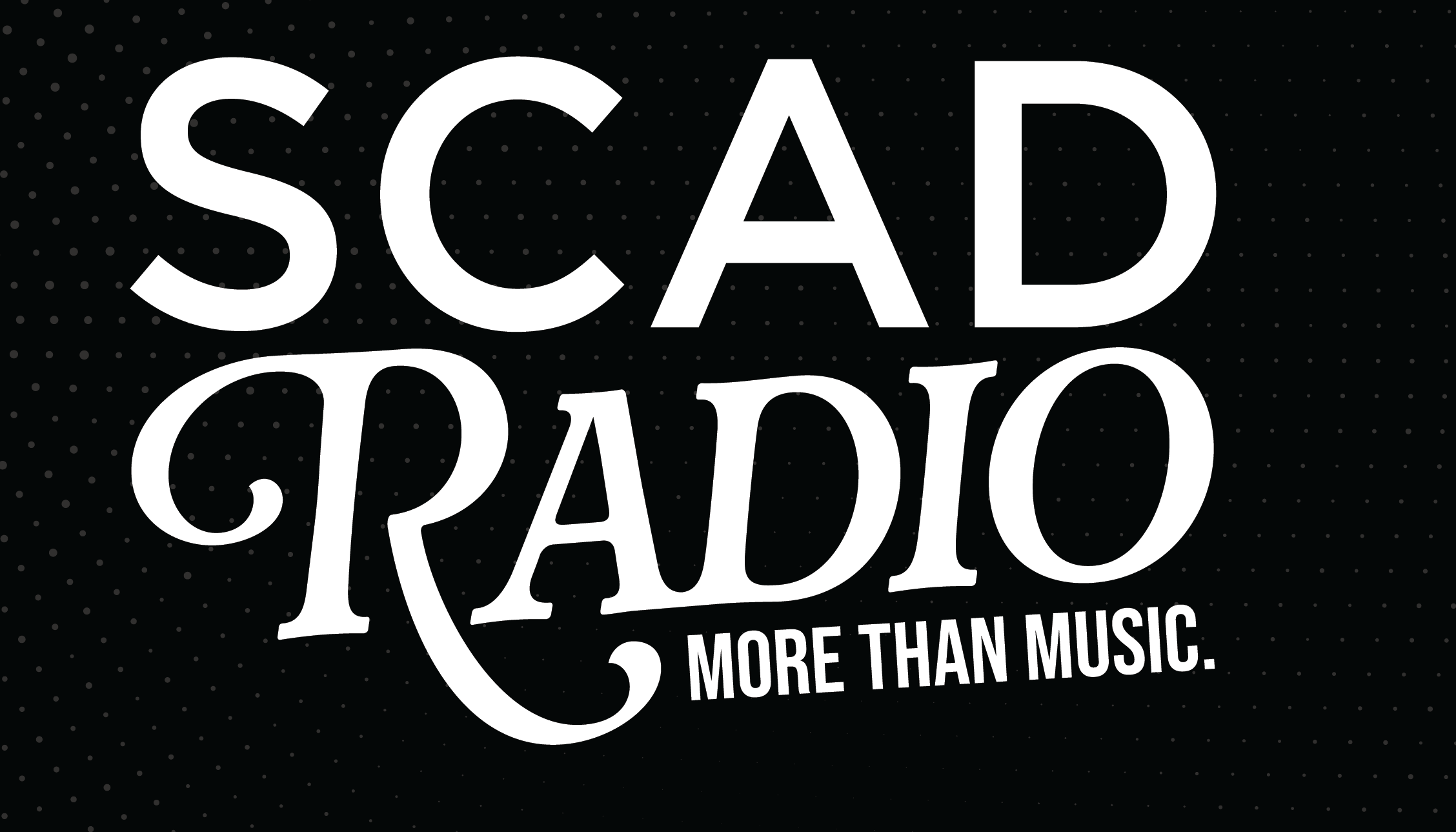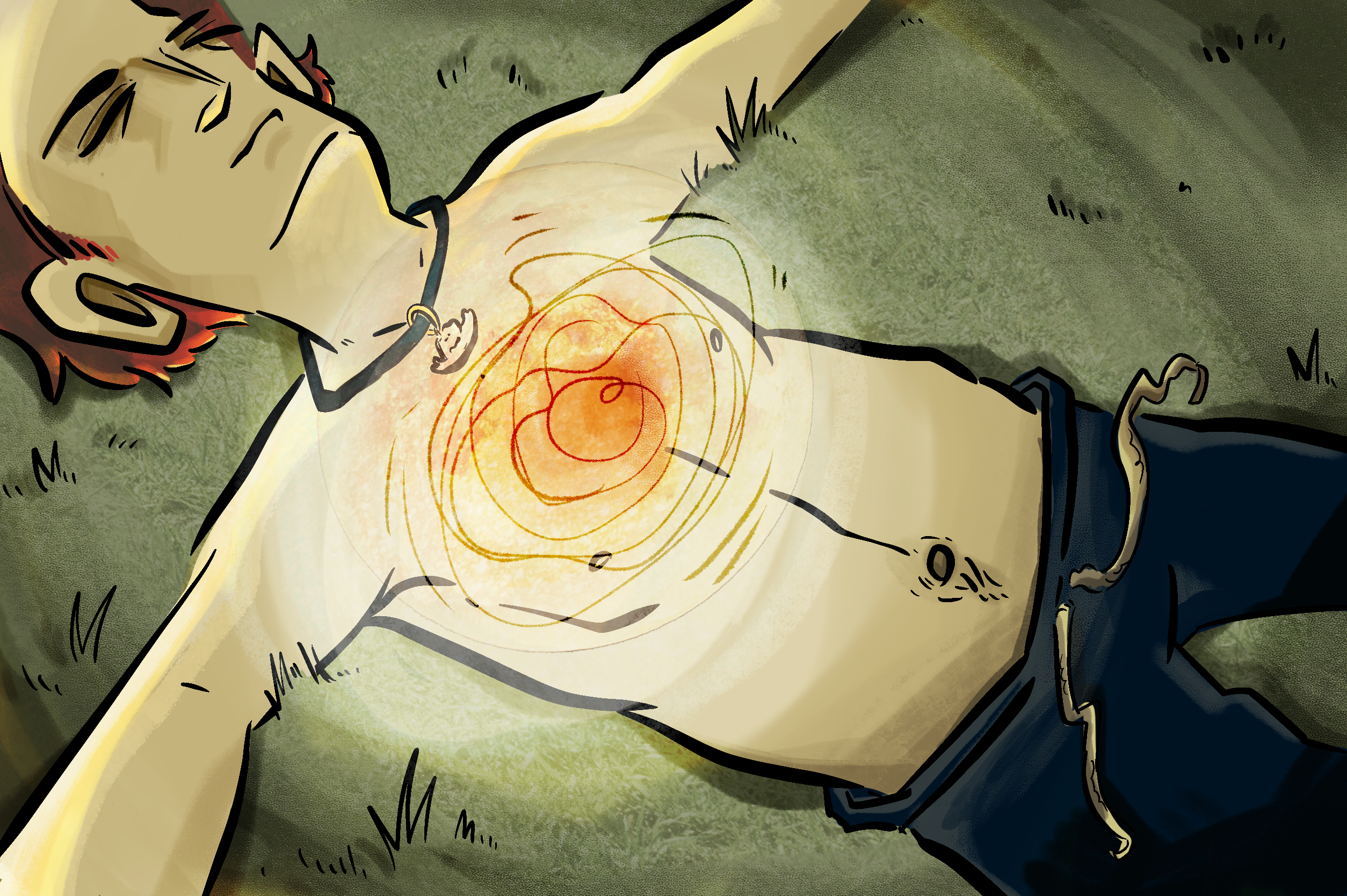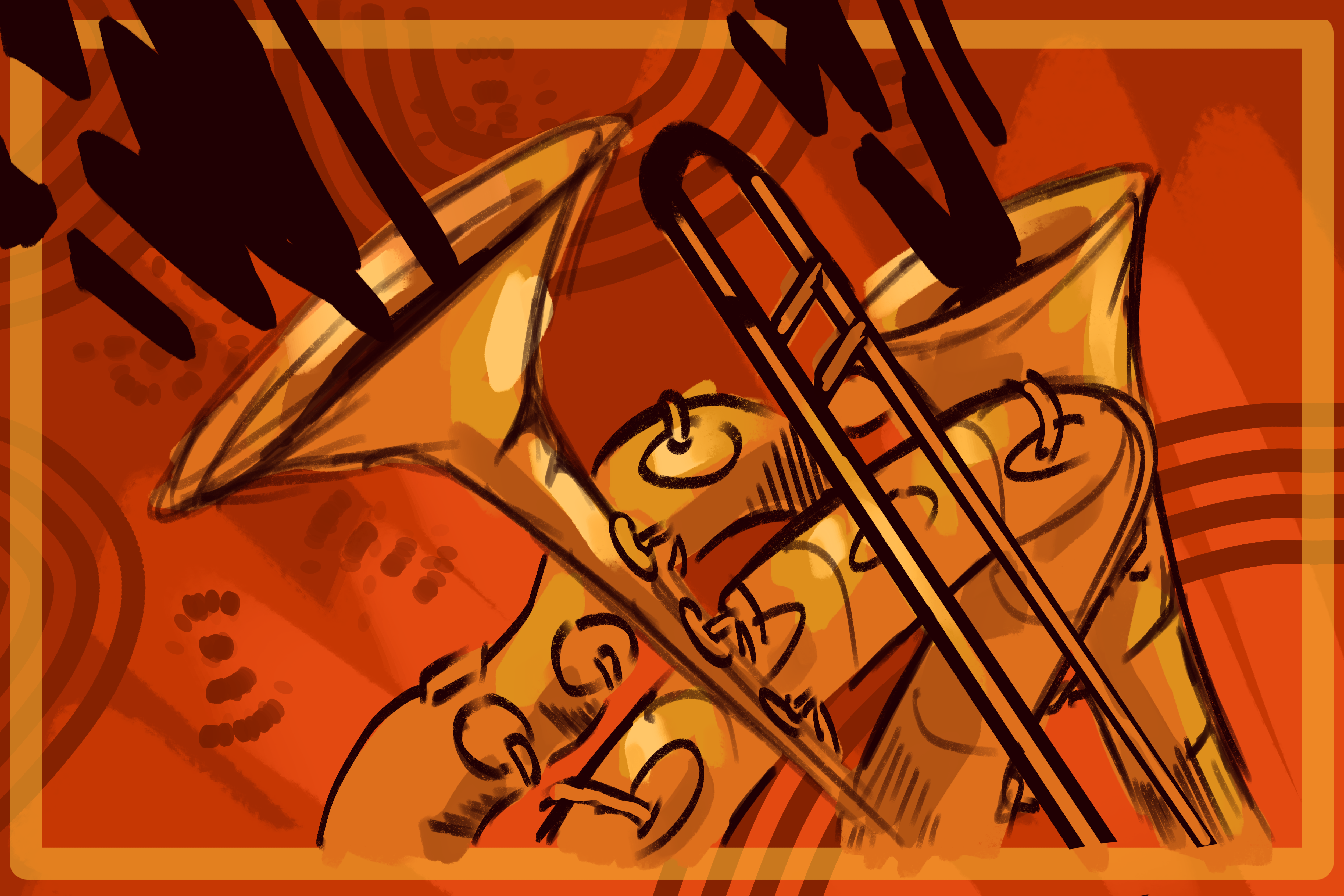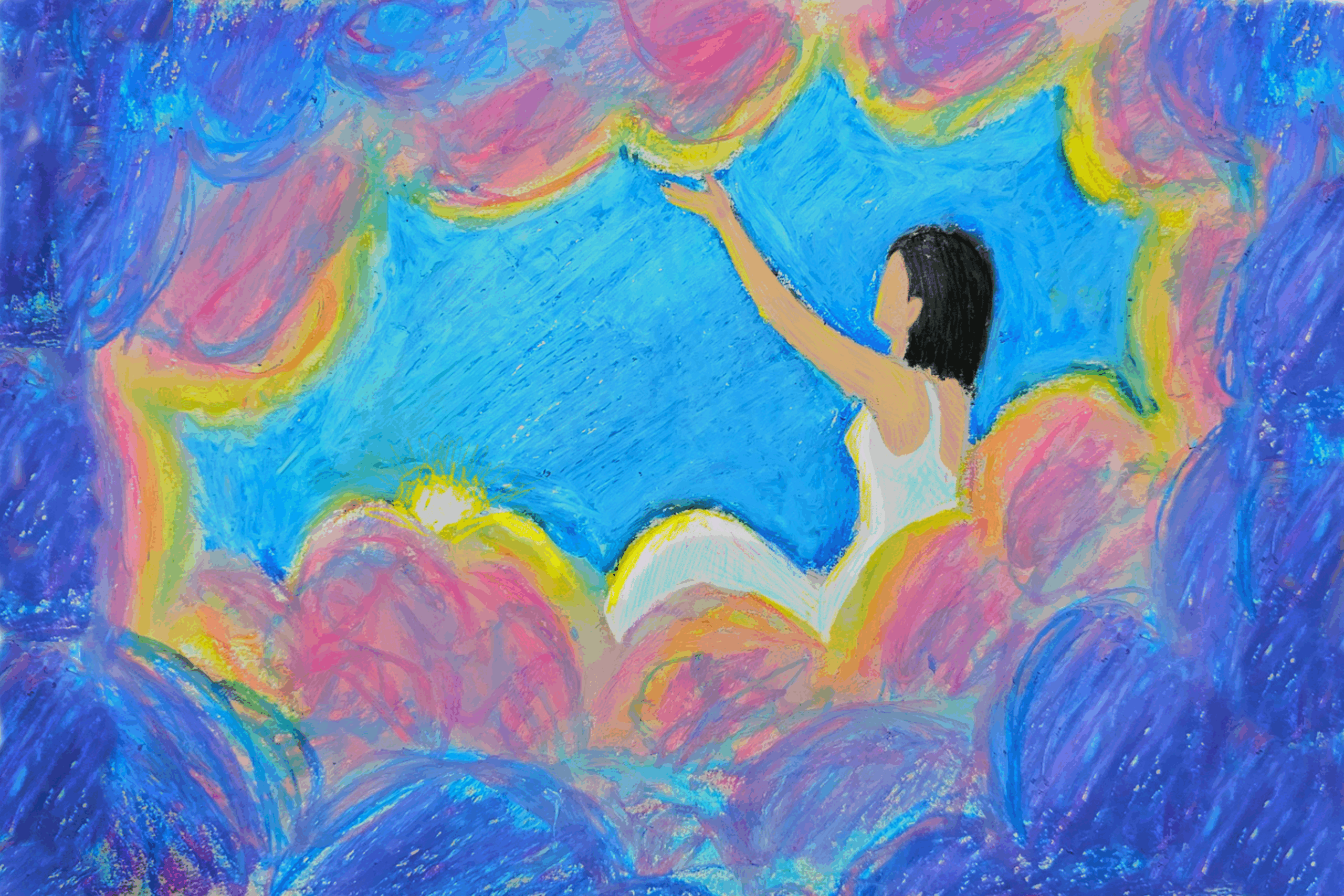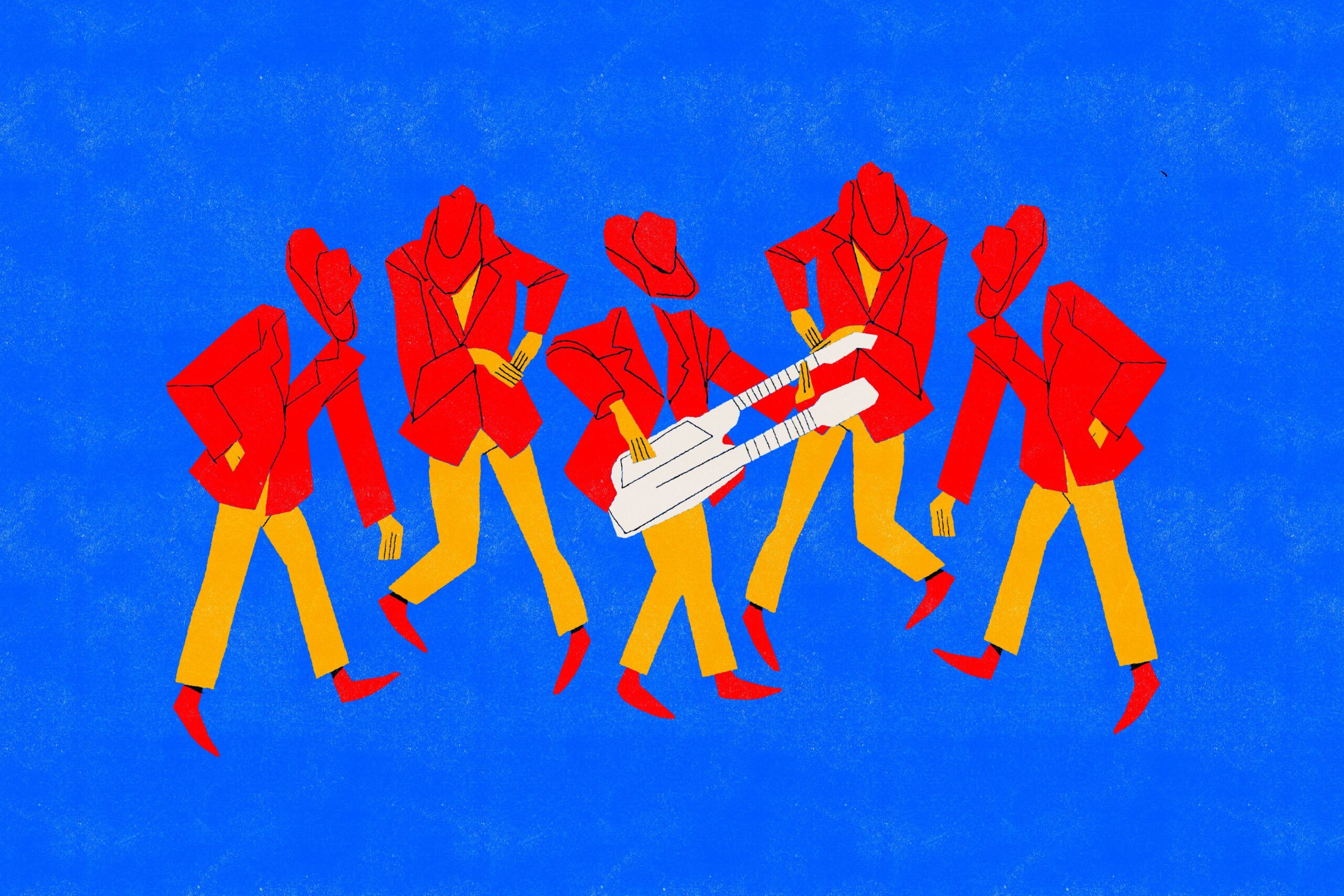In every generation, there are a select few moments where barely tamed skill collides with adolescent energy, resulting in a sincere and powerful work of art. In the world of indie music, The Glow, Pt. 2 has come to represent one such beacon of technical ingenuity and unabashed emotion. This month, the seminal record turned twenty years old.
Celebrated in its day (it was even chosen by Pitchfork as the best album of 2001) and today, The Glow, Pt. 2 has lasted the test of time. It’s innovative yet unschooled recording techniques are still distinctive and fresh. The lyrics are in a sweet spot of general and specific, utilizing nature metaphors to describe intense human feelings. The structure of the album also contributes to its impact. It deftly runs through the trajectory of a life-shattering breakup amplified by the throes of youth, composed of painful lyrical tracks interjected by denser, noisier tracks. Even the carefully placed instrumentals play a valuable role in the emotional landscape of the record.
The initial stretch of three songs that begins the album has an almost legendary status. Perhaps surprising to those who have only heard the virtues of the album extolled by inaccessible indie music bros, the first track, “I Want Wind to Blow” has a very catchy and foot-tappable tune to it. The guitar jaunts onward despite lyrics that tell of post-breakup pain. The end of the song is an instrumental build towards an explosive, energetic climax. Huge, banged out piano chords echo through, beginning to quiet down until the hard hitting notes of the second track, the titular “The Glow, Pt. 2”, jumps in. Quickly, “The Glow” moves from distorted electric guitar chords to frantic acoustic strumming complemented by Elverum’s pained singing. Following this track is “The Moon”, with its initial circularly picked, layered guitar that expands into a field of organ and saxophone and words taken straight from a stream of conciousness journal entry.
This trifecta defines the tone for the rest of the album, which expands upon central themes of loss, growth, and identity and how those things are all intertwined. “Headless Horseman”, “My Roots Are Strong and Deep”, and “I Am Bored” particularly explore these themes. All of them seem to come from different points in the process of grieving his relationship. “Horseman” is fairly raw, the central image coming from being lost without a head–a motif that recurs a couple of other times on the album. “My Roots” is more confident and determined–he is proclaiming that his identity is solidly defined. “I Am Bored” describes being at the bittersweet point in a breakup where it’s no longer painfully thrilling to be around the person you once felt so strongly about.
A lot of the album explores the often confusing tumult of emotion that happens during transitional periods of life. There is a lot of yearning for warmth–”The Mansion” describes finding a source of the desired glow with no possible way in. But there are also moments in which Elverum basks in the isolation that came with his station in life, illustrated by “I Want to Be Cold”. Buried beneath the wall of sound that is “Samurai Sword”, the lyrics describe a scene in which Elverum’s ex is represented by a polar bear, and he is a lonesome traveller, sword in hand, stalked by this bloodthirsty bear. The imagery is somewhat silly but stark and affecting combined with this tornado drums and guitars.
Throughout the entire album, a “foghorn” (it’s actually a heavily tweaked sample of a note played on a bass guitar) ambiently plays between songs for various stretches of time. It creates an atmosphere of a distinct place–laden with Twin Peaks-like mystique and a mournful quality. The final track, “My Warm Blood”, begins with a short piano and guitar melody along with lyrics about Phil almost peacefully bleeding out and dying after the events of “Samurai Sword”. A heart beat fades in, then out, as well as memories represented by clips of previous songs on the album, and the foghorn continues on in the background. Life has moved on despite the fact that we’re listening to our narrator’s end. The next (and final) project by the Microphones, Mount Eerie, begins in a parallel way, signifying rebirth on an album that strives to dig deeper and transcend beyond representation of human motions.
The impact of The Glow Pt. 2 is incredibly far reaching in the music world and beyond. The song “The Glow” by Sylvan Esso is inspired by singer Amelia Meath’s discovery of the album while she was in highschool. The concept of the glow in Bryan Lee O’Malley’s graphic novel series Scott Pilgrim plays a critical role in the narrative–it represents the villain’s tactics of emotional manipulation towards Ramona Flowers. Even rapper Lil Peep sampled a couple of tracks from the album (“Headless Horseman” and “(Something)”). And these are just a few examples of the influence the album has had.
On a personal note, it’s pretty difficult to write an eloquent summation of my feelings on this album. It’s basically become a part of who I am. So much of my work and personal philosophy has been tied to this album and Phil Elverum’s work that it’s difficult to be critical of it and extricate it from myself. Even though it makes my job as a writer challenging, it speaks volumes about the punch that this album packs. My first listen was on a drive home in my highschool friend’s car, and I haven’t stopped coming back to The Glow, Pt. 2 since that day.
Check out our article reviewing The Microphones In 2020, which also serves as an insightful retrospective of The Glow, Pt. 2.
